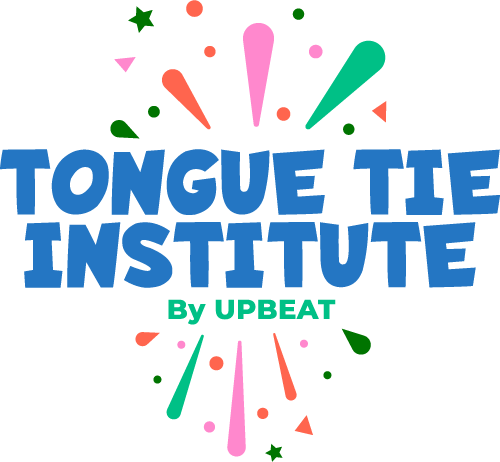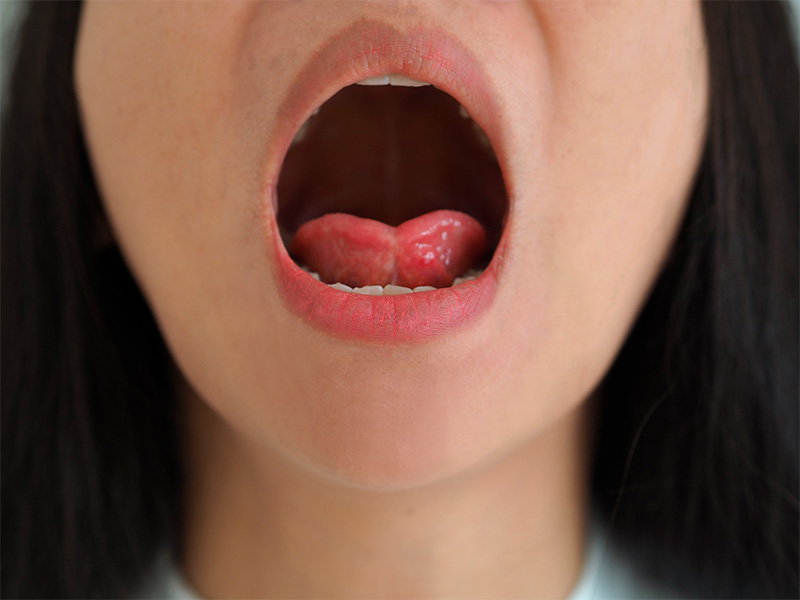Tongue tie, medically known as ankyloglossia, is a condition that can affect individuals of all ages, from infancy through adulthood. While it is commonly diagnosed and treated in infants, tongue tie can persist and present unique challenges in older children and adults.
At Upbeat Pediatric Dentistry’s Tongue Tie Institute, we are committed to providing comprehensive care that addresses the specific needs of patients at every stage of development.
In this blog post, we will focus on identifying tongue tie in older children and adults, exploring the signs, symptoms, and potential impact on oral health and overall well-being.
Tongue Tie in Older Children: Signs and Implications
In older children, tongue tie may manifest in various ways, and its impact can extend beyond oral health. Some common signs to watch for include:
- Speech Difficulties: Older children with tongue tie may experience challenges with certain speech sounds, such as “th,” “r,” and “l.” Pronunciation issues can affect communication and lead to social anxiety.
- Oral Motor Challenges: Tongue tie can affect oral motor skills, making tasks like tongue movements, swallowing, and even chewing more challenging.
- Poor Oral Hygiene: Limited tongue mobility can hinder effective oral hygiene practices, making it harder to clean the teeth and gums properly.
- Jaw and Facial Development: In some cases, tongue tie can influence the development of the jaw and face, leading to issues such as a small lower jaw or a narrow palate.
Tongue Tie in Adults: Signs and Potential Consequences
Tongue tie can persist into adulthood, and while it may have been overlooked or undiagnosed in childhood, it can still affect an individual’s oral health and quality of life. Common signs of tongue tie in adults include:
- Articulation Issues: Adults with tongue tie may experience challenges with precise speech sounds, which can affect professional and social interactions.
- Difficulty with Oral Hygiene: Proper oral hygiene becomes essential in adulthood, and tongue tie can make it difficult to maintain optimal dental care.
- TMJ Discomfort: A restricted tongue’s impact on jaw movement can contribute to temporomandibular joint (TMJ) discomfort and associated symptoms.
- Function Limitations: Tongue tie can hinder activities that require tongue movements, such as playing certain musical instruments.
Importance of Early Identification and Treatment
Early identification of tongue tie in children can prevent potential difficulties as they grow older. However, for older children and adults who have not undergone treatment, addressing tongue tie can still provide significant benefits.
Treatment options like laser frenectomy can be effective in releasing the restrictive tissue, improving tongue mobility, and alleviating associated challenges.
Concerns About Tongue Tie? Don’t Worry, We Can Help You!
Tongue tie can affect individuals of all ages, and recognizing its signs and symptoms is crucial for appropriate diagnosis and treatment. At Upbeat Pediatric Dentistry‘s Tongue Tie Institute, we are dedicated to providing compassionate and personalized care for patients of every age, from infants to adults.
If you or your child experiences challenges related to tongue tie, our experienced team is here to help. Schedule a consultation with us to explore the best treatment options to improve tongue mobility and enhance overall oral health and quality of life. Together, we can address tongue tie and ensure a confident and healthy smile at every stage of life.

